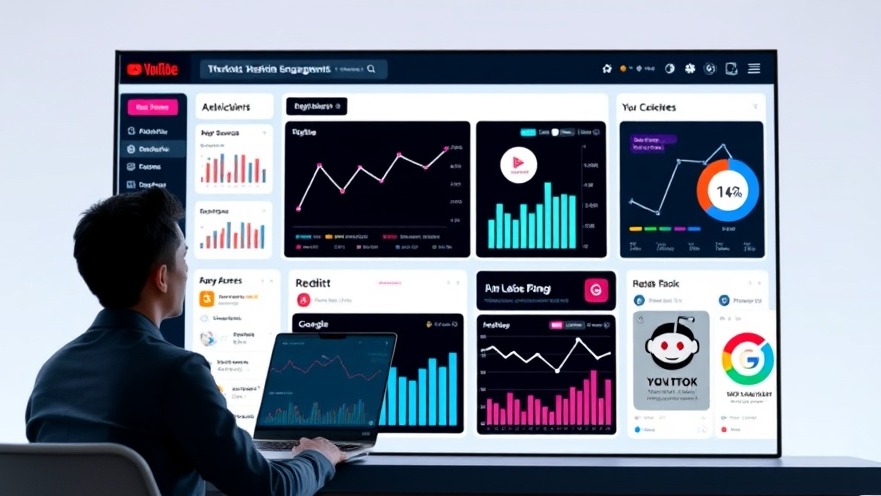
Maximizing your Return on Investment in Google Ads
In today’s digital marketing landscape, Google Ads stands as a crucial tool for businesses looking to expand their reach and drive sales. However, for many, the perception of high costs can deter effective campaigns. It doesn’t have to be that way. Fortunately, there are innovative strategies you can implement to win at Google Ads without breaking the bank.
In 'How to Win at Google Ads Without a Big Budget', the discussion dives into practical tactics for navigating Google Ads efficiently, compelling us to explore these strategies further.
Understanding Google Ads: The Basics
Google Ads operates on a pay-per-click (PPC) basis, where advertisers bid on keywords relevant to their products and services. The cost per click (CPC) can vary widely based on competition for those keywords. Thus, it is essential for businesses with limited budgets to conduct thorough keyword research and focus on less competitive, yet relevant keywords that often yield high conversions at a low cost.
Targeting: The Key to Cost Efficiency
Effective targeting can greatly enhance the performance of your Google Ads campaigns while controlling costs. Use audience segmentation to tailor your ads toward specific demographics that are most likely to convert. By honing in on segments such as age, location, and interests, you can ensure your message reaches those most likely to engage with your brand, allowing you to spend less on clicks that do not convert.
Testing and Optimization: Trial and Error
To truly master Google Ads, continual testing is paramount. Experiment with different ad formats, copy, and calls to action to see what resonates best with your audience. Implement A/B testing strategies to discover which ads yield the best performance. This iterative process not only enhances ad effectiveness but also provides insights into adjusting your approach without unnecessary spending.
Leveraging Extensions for Enhanced Engagement
Ad extensions provide additional information that can improve ad visibility and click-through rates (CTR) without incurring extra costs. Using site links, callouts, and structured snippets allows you to convey more about your offerings and provides prospective customers with quick access to pertinent information, ultimately enhancing the overall value of your ads.
Analytics: Measuring Success and Adjusting Strategies
Tracking your campaign performance through Google Analytics is essential for determining what’s working and what isn’t, allowing you to make data-driven adjustments. Set clear metrics for success whether that's conversions, clicks, or engagement rates. Regularly reviewing your analytics helps identify opportunities for further refinement, keeping your ad spend efficient while maximizing ROI.
Conclusion: Making Every Penny Count
In the realm of Google Ads, a limited budget does not equate to limited success. By employing strategic targeting, ongoing testing, utilizing ad extensions, and closely monitoring analytics, businesses can achieve significant results without the need for hefty budgets. The world of online advertising demands innovation and adaptability, traits that, when applied, can lead to marketing victories. Start small and iterate; every step you take can enhance your presence and pave the way for continued growth.
 Add Row
Add Row  Add
Add 




Write A Comment